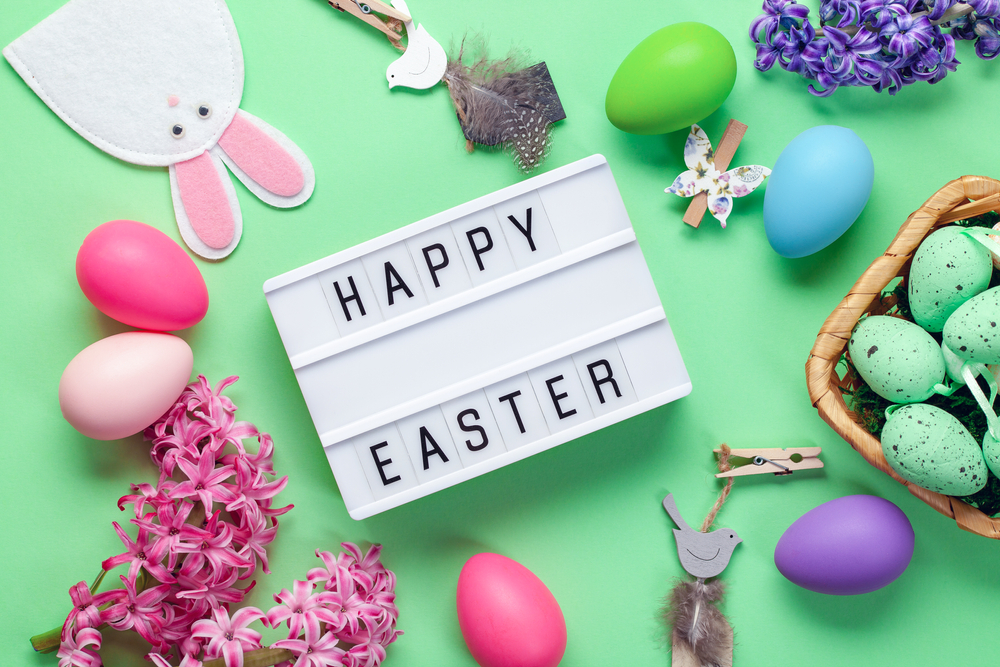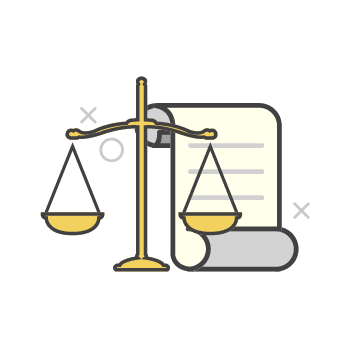Five Traditional Symbols of Easter and What They Really Mean
by Karen Rollins Apr 4, 2022

It’s Easter time again. A season for spiritual reflection, renewal, and redemption.
Like many annual holidays, Easter has several familiar symbols and traditions associated with it, mainly connected to Christianity, but we thought it would be interesting to explore their meaning.
Some of this information might surprise you!
Easter Bonnets – New clothes and hats for Easter are symbolic of rebirth and renewal. In the early life of the church, some people used to believe that wearing new clothes to mass on Easter Sunday would bring good luck for the coming year. As time went on, over-the-top Easter bonnets became part of the tradition of dressing up during this season, especially for Easter parades.
Easter Eggs – Eggs are associated with Easter because they are a universal symbol of fertility and new life. Initially, eggs were a pagan symbol linked with pagan festivals in spring. In terms of Christianity, an egg has come to represent the tomb that Jesus was laid in after his death, and when cracked, the start of new life, symbolising Jesus’ resurrection.
Baby Chicks – Of course you cannot have an egg without a chick (although we still don’t know which came first!). Chicks are associated with Easter primarily because of eggs, and so they symbolise new life or rebirth.
Hot Cross Buns – Many people all over the world celebrate Easter with fluffy, sweet hot cross buns. It’s not entirely clear who came up with the original buns but the feature of a cross on top is believed to symbolise the cross on which Jesus died. The spices in the buns are also said to represent the ones that were used to prepare Jesus’ body for the tomb.
Easter Bunnies – Rabbits and baby bunnies are strongly associated with fertility, new birth, and spring, and that is why they are linked to Easter. There is no religious connotation with bunnies, but the origins of a well-dressed Easter bunny carrying a basket full of eggs is believed to have started with German Lutherans and a rabbit called ‘Osterhase’ or ‘Oschter Haws’.
—
Search FindYello.com for all the supplies you will need for the Easter holidays.
Yello wishes everyone who is celebrating a Happy Easter!








